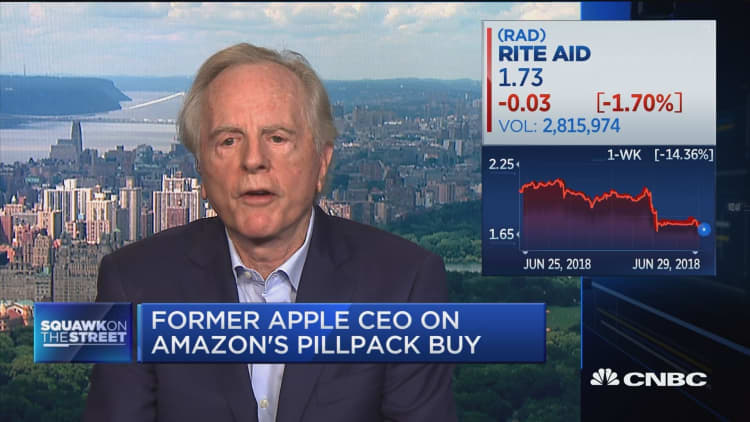Self-reflection can lead to some cold, hard truths — at least, apparently, when it comes to biotech stock investing.
A new analysis from Cowen Research’s biotech team finds that investors would be better off ignoring — or even doing the exact opposite of — the advice of equity analysts. The worse a stock’s rating, the better its performance, on average, in the following year, the report showed.
“We have analyzed the value of sell-side ratings, and whether following them is associated with investment returns,” Cowen’s analysts wrote in their report Monday. “Unfortunately (for our job security and sense of self-worth), we find that over the last four years there was an overall inverse correlation between sell-side ratings and rating changes and the performance of biotechnology stocks.”
Each time a stock's rating was cut a notch, to a hold from a buy for example, it correlated with a 22 percent increase in price, the report said. The bigger the swing in the rating, the less the sell-side analyst's opinion mattered. The larger the jump toward a strong buy, the worse the stock performed, and vice versa when a company was downgraded to a strong sell, Cowen found.
“These data suggest that sell-side ratings are on average contra-indicators, or at best not useful, in predicting biotech stock performance,” the Cowen team wrote. “We conclude that a non-consensus investment strategy that goes against the consensus sell-side opinion could generate superior returns.”
You have to appreciate their honesty.

Cowen’s analysis comes at a time, the team pointed out, when the way investors use and compensate sell-side analysts is changing. They noted institutional investors are evaluating how they use sell-side services and how much value they provide.
It also comes as the mood among investors in biotech, specifically, “is not particularly rosy,” the team said.
“Many struggle to generate returns, gain assets and beat their benchmarks,” Cowen’s analysts wrote, despite the Nasdaq Biotechnology Index’s 450 percent return since 2009.
They looked at 30 companies in the Nasdaq Biotechnology Index that were continuously rated by at least 10 analysts during the period reviewed and compared the stocks' performance from 2015 through June 15 to their sell-side recommendations at the end of the previous year.
Cowen posited three potential explanations for the poor performance: that stock ratings are reactionary, rather than predictive; that “stock picking is not job #1,” and that “management access, collecting data points, maintaining models, and talking with investors take up time and distract from determining ratings,” and, finally, that stock ratings reflect investor consensus, which typically underperforms.
Health-care investor Les Funtleyder, a portfolio manager at E Squared Capital Management and a former sell-side analyst, said he wasn’t surprised by the findings. He also said it’s likely the phenomenon isn’t limited to biotech.
“The sell-side across all industries has had difficulties getting things right per almost all academic research,” Funtleyder said. “Among other things they tend to have positive bias because they are selling.”
What’s unique about health care, though, is that it tends to be more complicated than other industries, Funtleyder noted. So those who aren’t specialists in the space may rely a bit more on analysts.
And that, according to Cowen’s report, may not be such a good idea.

